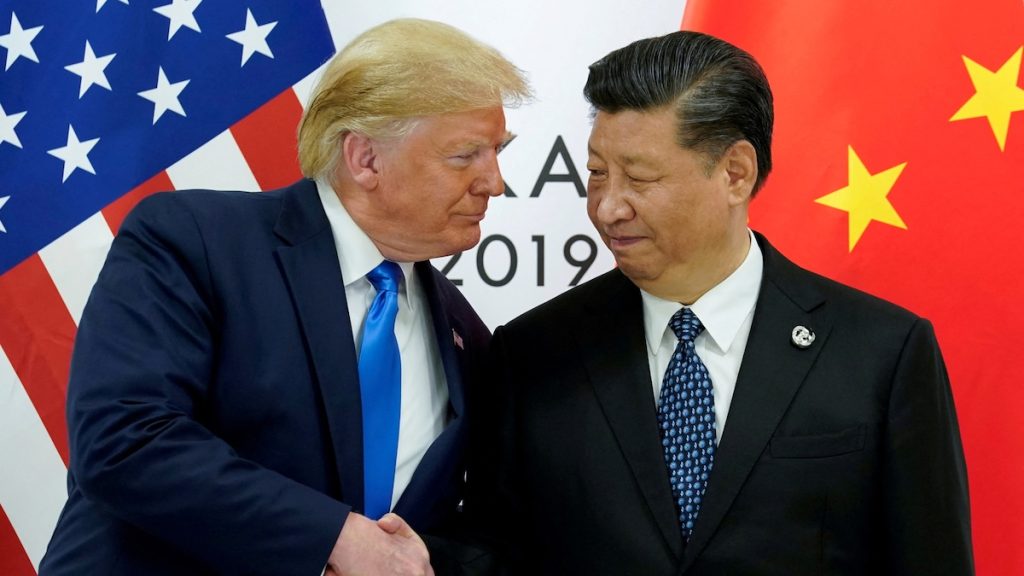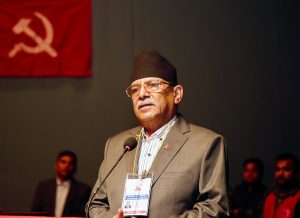Kuala Lumpur — A new wave of optimism has emerged in long-strained U.S.–China trade relations after high-level officials from both countries drafted a preliminary trade agreement in Malaysia on Sunday.
The discussions were held on the sidelines of the 13th ASEAN–U.S. Summit in Kuala Lumpur, where delegations from Washington and Beijing met to rebuild confidence after years of escalating trade tensions.
High-Level Talks and Positive Signals
The negotiations brought together U.S. Treasury Secretary Scott Bessent, U.S. Trade Representative Jamison Greer, Chinese Vice Premier He Lifeng, and senior diplomat Li Chenggang. Both sides described the talks as constructive and forward-looking.
Speaking to ABC Television after the meeting, Secretary Bessent said, “We discussed trade expansion, export controls, tariff suspensions, and cooperation on fentanyl-related enforcement issues in depth.”
The discussions also covered China’s export restrictions on rare-earth minerals, which the country produces in more than 90 percent of global supply. These elements are vital for electronics, electric vehicles, semiconductors, drones, and military systems.
The United States has long viewed China’s export curbs as a threat to industrial supply chains. According to Bessent, Beijing may consider suspending its rare-earth export limits for one year, a move that could ease pressure on U.S. industries.
TikTok, Tariffs, and Next Steps
The future of TikTok was also discussed. U.S. President Donald Trump has repeatedly urged the platform to be sold to an American company, warning that otherwise, it could face a nationwide ban. Negotiators also reviewed possible changes to foreign port fees and customs tariffs, aiming to reduce trade friction and modernize existing frameworks.
While the final deal has not been concluded, officials said the draft framework will serve as the foundation for upcoming talks between President Trump and Chinese President Xi Jinping. The two leaders are expected to meet next week in South Korea, a meeting seen as key to easing global trade tensions.
From Trade War to Renewed Cooperation
The preliminary draft marks one of the most significant steps forward since the U.S.–China trade war, which began early in Trump’s second term. During that period, the U.S. raised tariffs on Chinese imports to as high as 145 percent, prompting Beijing to retaliate with duties up to 125 percent.
A later round of talks in Switzerland led both sides to reduce tariffs by roughly 115 percentage points, signaling early signs of de-escalation.
The Kuala Lumpur breakthrough is being hailed as the most promising development in years of economic confrontation between the world’s two largest economies. If next week’s South Korea summit finalizes the accord, analysts say it could stabilize supply chains, restore investor confidence, and reopen technological cooperation between Washington and Beijing.






